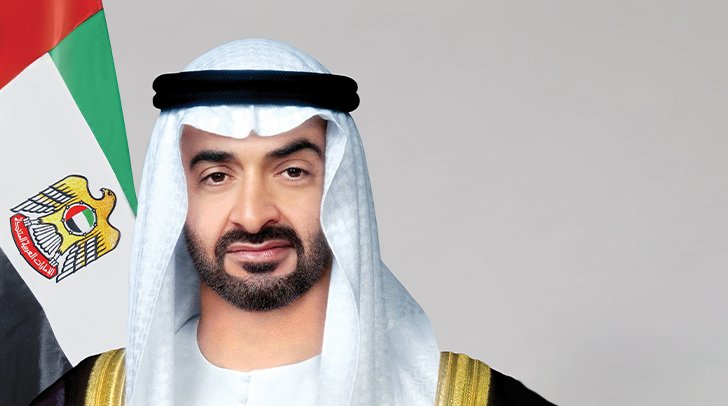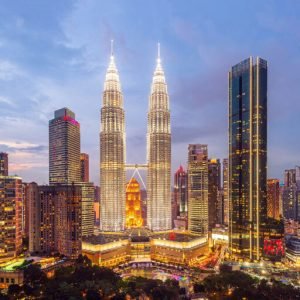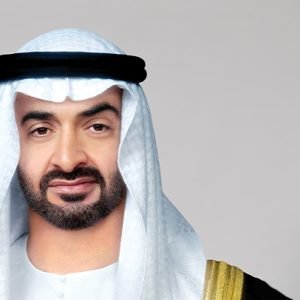Abu Dhabi protected natural areas expansion marks a significant step in the UAE’s journey toward environmental preservation. President His Highness Sheikh Mohamed bin Zayed Al Nahyan has directed the expansion of the emirate’s protected natural areas to cover 20 percent of its total land. This ambitious move adds thousands of square kilometers to the existing reserves, strengthening the protection of both land and marine ecosystems across the region.
The directive reflects a growing recognition of the critical role that nature plays in sustainable development. By protecting these areas, the UAE is not only conserving biodiversity but also securing the benefits of healthy ecosystems for future generations. The expansion aligns with the nation’s vision of balancing economic growth with environmental stewardship.
Strengthening Conservation Efforts
The expansion initiative aims to reinforce Abu Dhabi’s commitment to environmental conservation. Protected natural areas provide safe havens for endangered species, preserve unique ecosystems, and maintain the ecological balance necessary for life to thrive. Expanding these areas ensures that habitats remain intact, reducing the risk of biodiversity loss and ecological disruption.

Under this initiative, both terrestrial and marine environments are included. From deserts and mangroves to coral reefs and wetlands, the plan safeguards a wide range of habitats that are vital for sustaining diverse plant and animal life. The government has emphasized that managing these areas will involve careful planning, monitoring, and sustainable practices.
Role of Protected Areas in Ecosystem Health
Protected natural areas play a vital role in maintaining healthy ecosystems. They act as natural filters for air and water, help mitigate climate change by storing carbon, and support soil fertility. In addition, they provide space for pollinators, birds, and other wildlife, which are essential for agriculture and natural regeneration.

By expanding protected areas, Abu Dhabi is strengthening these ecological functions. The initiative ensures that key habitats are shielded from overdevelopment, industrial activity, and other threats that could compromise ecosystem health. This proactive approach also contributes to regional climate resilience, offering long term benefits to both the environment and society.
Benefits for Wildlife and Biodiversity
One of the most important outcomes of this expansion is the protection of wildlife. Abu Dhabi is home to many rare and endangered species, including native mammals, reptiles, birds, and marine life. Preserving their habitats allows these species to thrive and maintain natural population balances.
Protected areas also serve as research and monitoring hubs for scientists and conservationists. By studying wildlife within these areas, experts can gather valuable data to inform future conservation strategies. The expansion thus supports both immediate protection and long term ecological knowledge.
Promoting Environmental Awareness
The expansion of protected natural areas is not only about conservation, it also fosters environmental awareness among residents and visitors. These areas provide opportunities for eco tourism, nature walks, and educational programs that highlight the importance of protecting natural resources.
Local communities benefit from these initiatives by gaining access to green spaces that encourage outdoor activities and a deeper connection with nature. Environmental education programs help cultivate a culture of sustainability, inspiring citizens to play an active role in conserving their surroundings.
Aligning with Global Sustainability Goals
Abu Dhabi’s expansion of protected areas reflects the UAE’s broader commitment to global sustainability and biodiversity goals. By setting aside a significant portion of land for conservation, the nation demonstrates leadership in environmental responsibility.
This approach is aligned with international best practices for biodiversity protection, including targets that call for safeguarding a substantial percentage of terrestrial and marine habitats. The initiative positions Abu Dhabi as a model for other regions seeking to balance growth with environmental protection.
Integration with National Policies
The expansion complements national environmental strategies that focus on biodiversity, climate resilience, and sustainable development. Abu Dhabi has been proactive in implementing measures to manage natural resources efficiently while protecting ecosystems.
By expanding protected areas, the government ensures that conservation efforts are embedded within broader national policies. These include regulations on land use, pollution control, and habitat restoration, all of which contribute to long term ecological stability.
Economic and Social Impacts
While the primary goal of the expansion is environmental protection, it also has positive economic and social effects. Eco tourism is expected to grow, creating job opportunities and supporting local businesses. Tourists and residents can enjoy natural landscapes while learning about biodiversity and conservation practices.
Socially, the expansion fosters community engagement in environmental initiatives. Local populations are encouraged to participate in activities such as wildlife monitoring, tree planting, and habitat restoration. This engagement strengthens civic pride and promotes collective responsibility for preserving Abu Dhabi’s natural heritage.
Future Outlook for Abu Dhabi’s Protected Areas
The expansion of protected areas marks the beginning of a long term vision for environmental sustainability in Abu Dhabi. The government plans to continue monitoring and managing these areas to ensure their health and resilience.
Future strategies may include habitat restoration projects, enhanced protection of endangered species, and the introduction of advanced technologies for environmental monitoring. The goal is to create a sustainable balance where human development and nature coexist harmoniously.
Through these initiatives, Abu Dhabi is setting a benchmark for environmental stewardship in the region. By prioritizing natural conservation alongside economic development, the emirate demonstrates a commitment to sustainable living for future generations.
Conclusion
The Abu Dhabi protected natural areas expansion initiative represents a major step forward in environmental conservation. President Sheikh Mohamed bin Zayed Al Nahyan’s directive to expand protected areas to cover 20 percent of the emirate’s land highlights the UAE’s commitment to preserving biodiversity and promoting sustainable development.
This move ensures that vital ecosystems remain intact, wildlife populations are protected, and communities can engage meaningfully with nature. As Abu Dhabi continues to prioritize environmental preservation, its expanded protected areas will play a crucial role in safeguarding the emirate’s natural heritage for generations to come.
By taking this proactive approach, the UAE is demonstrating leadership in balancing growth with ecological responsibility, offering a model for other countries aiming to preserve their natural resources while fostering development.
Do follow UAE Stories on Instagram
Read Next – Hamdan bin Mohammed Orders Dubai Police to Lead World in AI Technology














